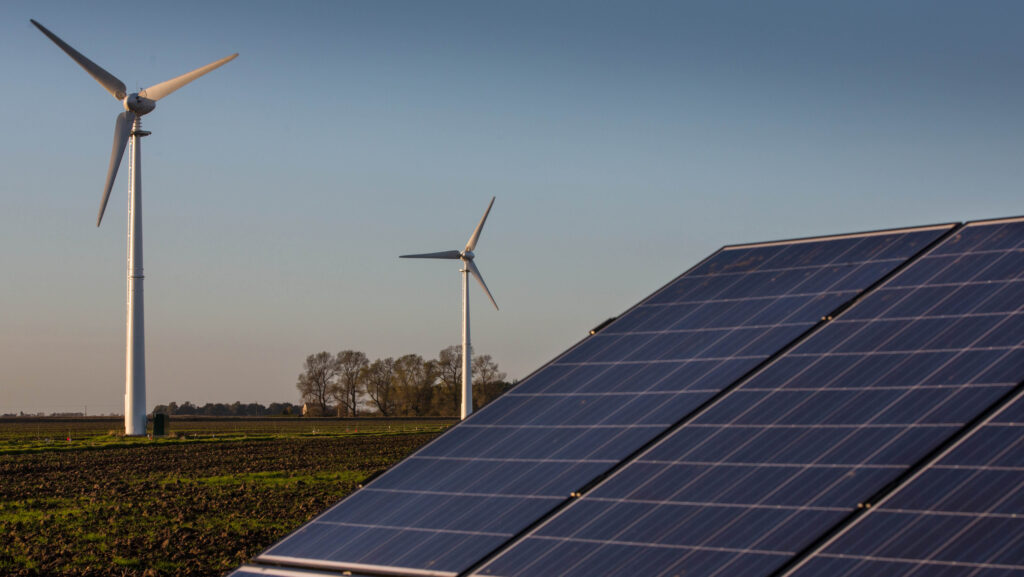Opinion: Mindset matters when it comes to climate change
 © Tim Scrivener
© Tim Scrivener Every farming decision is a risk calculation. Whether it’s when to buy in feed, how long to hold finished stock, or whether to invest in that new handling system, farmers weigh up the cost, the weather, the market, and their intuition.
However, while making decisions about core farming principles is commonplace, putting your finger on how to tackle the effects of climate change is far more complex.
See also: Opinion – Support system shambles could almost be a conspiracy
About the author

Martin Hanson is head of agriculture for banking group HSBC UK.
Here he considers why mindset is so important when adapting to future challenges.
Research by HSBC reveals that farmers exhibit a range of attitudes towards climate change and sustainability, with five relatively distinctive strategic mindsets, which set different farm businesses apart from one another.
Commercial innovator
The first is the commercial innovator – focused on maximising productivity and efficiency.
While this inevitably benefits sustainable production, their mindset is driven by commercial gains and practices that enhance market access and profitability.
This type of approach is common across the whole industry, but most prevalent in dairy, arable, pig, and poultry farming.
Custodian
The second is the custodian.
These farmers value time-honoured farming practices first and foremost. But don’t confuse this for being overly conventional, ignoring sustainability or shirking change: the custodian prefers to make evidence-based decisions.
They are likely to be influenced by the legacy their business leaves in its community – and are more prevalent in sectors like beef and sheep.
Agricultural adapter
The third approach is the agricultural adapter. Markedly open to change, these farmers recognise the need to adapt to climate change and are most likely to embrace new technological advances – and do so quickly.
They are market-oriented and engaged with their supply chain.
Entrepreneur
The fourth is the entrepreneur – dynamic and versatile, and often involved in multiple projects. They are less focused on traditional farming activities and have more than likely already diversified their business ventures.
This approach is most prevalent in arable farming.
Eco-advocate
Finally, the fifth category is the eco-advocate. Passionate about the environment, these farmers are proactive in adopting sustainable practices.
They are influenced by advisers and close networks, making them leaders in carbon auditing and the full gamut of sustainability interventions.
Mindset
Mindset is just one factor at play, however. On-farm decisions often come from a blend of influences – from local planning rules and restrictions to market dynamics and the timing of opportunities that arise.
Whatever your mindset, sustainability doesn’t sit in opposition to change, but alongside it.
From improving soil quality and nutrient use, to rainwater harvesting and reducing fossil fuel consumption, there is almost no end to the ways in which the farming community is refining and adapting its approach.
Mindset matters when it comes to how you reach these changes. Commercial innovators and entrepreneurial farmers are naturally driven by technological improvements and diversifications.
These starting points almost always improve their farm’s impact on the environment – it’s just not why they set out to make the change in the first place.
Perhaps the most balanced approach is that of the agricultural adapter.
This farmer has embraced the relationship between environmental and market forces, and is in a near-constant state of flux.
Very few farmers think the answer is standing still. That’s why we see plans for renewable energy generation, wetland creation, flood management and precision slurrying
These farmers might push conventional boundaries to seek a competitive advantage.
Very few farmers think the answer is standing still. That’s why we see plans for renewable energy generation, wetland creation, flood management and precision slurrying.
It’s why we see carbon auditing, autonomous machinery and biotech offerings like microbial enhancers.
And it’s why our customers are investing in satellite and drone monitoring and analysis, as well as on-farm circular energy systems
Almost every farming decision involves a calculated risk.
That’s why understanding the diverse attitudes of farmers and their unique challenges and opportunities is so important, so we can better support their sustainability journey.
